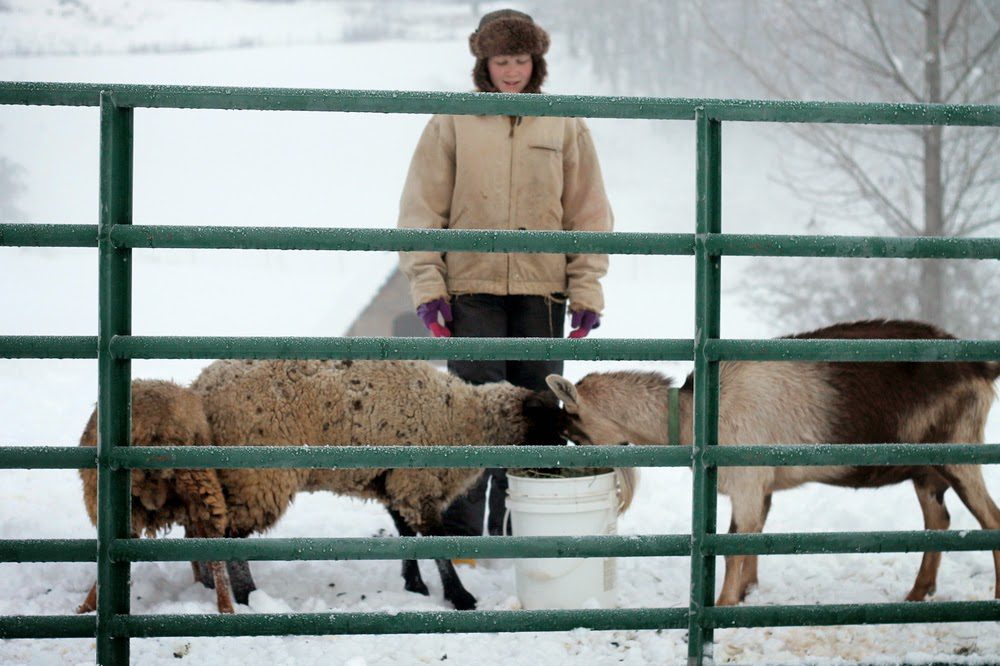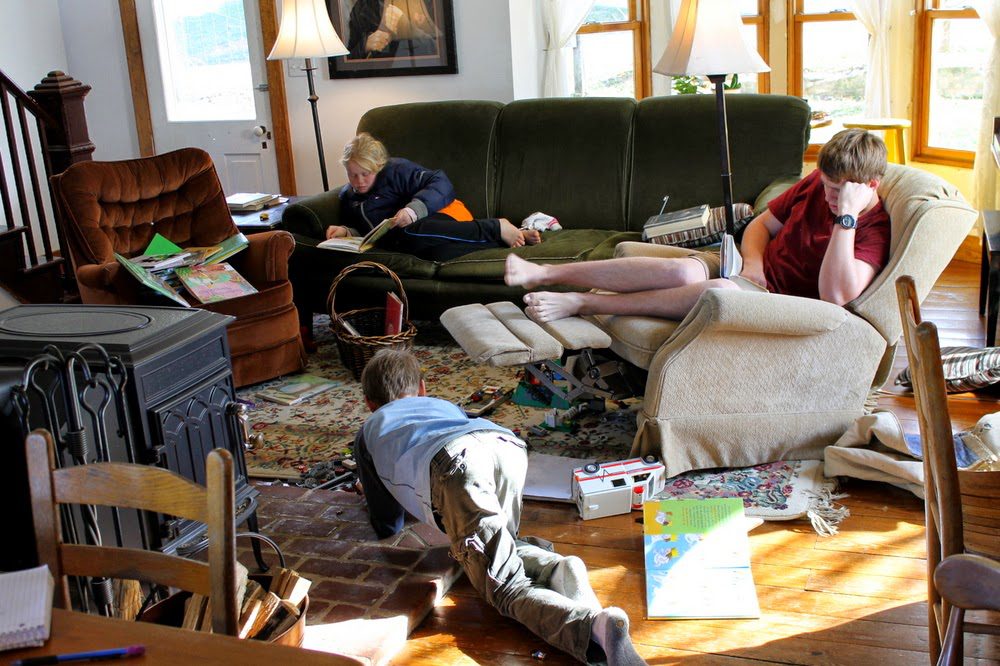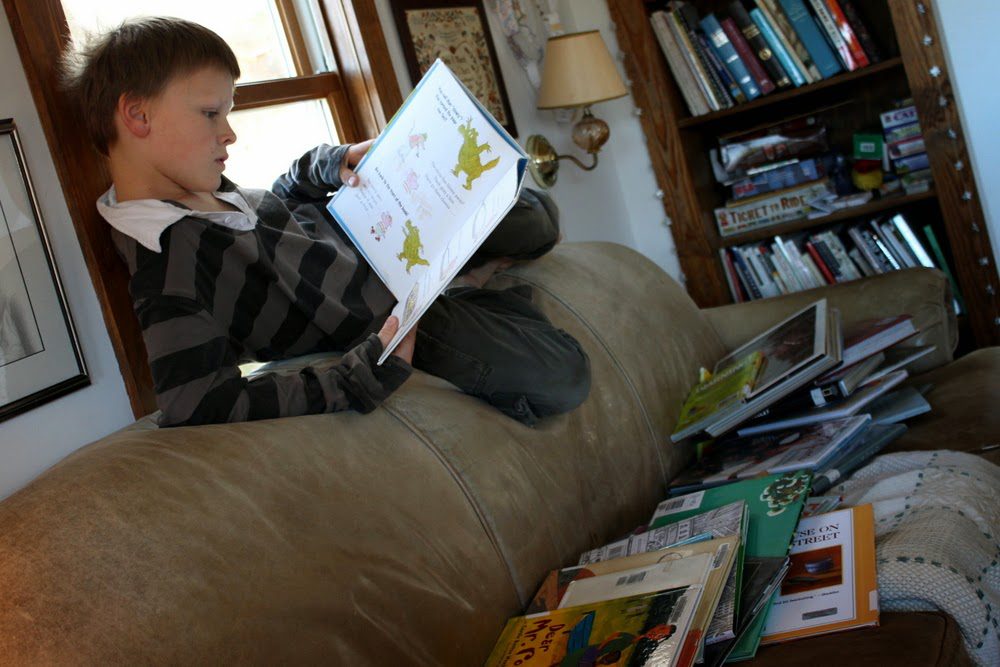Back when we took our first financial class, my husband and I didn’t pay much attention to the lesson about saving for the kids’ college. Our children were still young, and we didn’t have any extra money to put away. There seemed to be nothing to talk about.
Four years later, we still don’t have any extra money to put aside for college, but now our oldest is fifteen. College—if he decides to go the traditional track—is three short years away. So this time around, we paid closer attention to the college lesson, especially the little segment they did for people in our shoes—no money and no time for planning.

According to the class instructors, the best options for minimizing college debt (or staying out of debt altogether) are to pursue financial aid and scholarships, get a job, and attend community college or in-state schools. I thought the first two suggestions were obvious, but the third one was new to me. I mean, not really new—I’ve always known that community colleges are an economical choice. What was new was to hear those schools presented as a viable, worthy, smart option in contrast to a four-year, private, or out-of-state college and the ensuing debt.
See, I’d always thought four-year colleges were best because of the whole college experience thing, like what I enjoyed. Living independently from parents in a caring, heady environment packed with peers was the quintessential culmination of a healthy childhood. Four whole years set aside for pondering the meaning of life, finding a purpose, making friends, analyzing the state of the world, thinking, mulling, searching, questioning, being! Any other route, including community college, could only be second best.
So whenever the sending-the-kids-to-college conversation came up, I couldn’t help but feel shame and sadness. Shame because we didn’t have enough money to give this gift to our kids, and sadness because my kids might not get to experience the college magic. According to my standards—standards that coincided with those of the friends in our social circles—I was perhaps failing my children.
My evolving perspective of debt plays a key role in this college conundrum. Through our money management classes, I’ve become much more wary of debt. No longer do I take it for granted, a necessary evil to be accepted with a sigh and a shrug. But at the same time, I don’t think debt is all bad, either. Sometimes it is a necessary tool for advancement. A college degree is, perhaps, one of those necessary tools.
However, now that college costs are skyrocketing, many parents can make only a small dent in their children’s college bills. As a result, the brunt of the cost falls to the children, and they end up beginning their adulthood mired in debt. This, I’m afraid, has potential for serious ramifications.
My thinking goes something like this: When you sink teenagers into a four-year university program and then turn them out into the world with maybe-useful degrees and a mountain of debt, the fresh young adults are trapped. A well-paying job, regardless of whether or not it is a good fit, is imperative. Often, the new graduates discover that their best bet, if they really want to do what they enjoy, is to go back to school for a better degree. Gone (or severely curtailed) is the freedom to volunteer, work part time, be stay-at-home parents, take creative risks, and travel. They are less likely to shake up the status quo, challenge power, and take a job for the pure joy of it, regardless of pay. At precisely the point when these young adults think they are finally their own masters, they discover it is their debt that reigns supreme. It’s ironic. It’s maybe tragic.
Over the course of the last several months, partly because of the class and partly because of my reading on alternative education, I’ve realized that I’ve had everything backwards. The goal isn’t college. The goal is self-actualization. Many ways exist to become a fulfilled, educated, productive person. There’s the life education that comes from volunteering, apprenticing, working, and traveling. There are the cheaper community colleges and in-state schools for when a degree is necessary.
My job as a parent isn’t to automatically send my children to college just because they’ve turned eighteen. My job is to support my children as they discover their interests and passions, and then encourage them to figure out a way to make a living doing the things they love. Their plan may or may not include college.
Even with this epiphany, doubt niggles. In our culture, a high-class education is the holy grail. Devaluing that feels heretical. To complicate matters, in our Mennonite circles where most everyone is either an alumnus and/or an employee of a church university, the belief pervades that a money value can’t be placed on a Mennonite education. Maybe there is truth to this! By allowing the threat of debt to dictate how we approach our children’s educations, perhaps my husband and I are being shortsighted. Maybe we’re doing lasting damage to our children’s development by steering them away from a Mennonite university.
But we don’t have a choice, really. There’s that no money thing and all. And the fact is, now that my husband and I have come to terms with how we’re approaching the college conundrum, I mostly just feel enormous relief. There is freedom in living within our means, in being open to less costly ways of getting an education, and in pursuing nonlinear educational time frames. It’s liberating.
This same time, years previous: sushi!!!, the quotidian (12.3.12), red lentil coconut curry, and chocolate truffle cake.





















